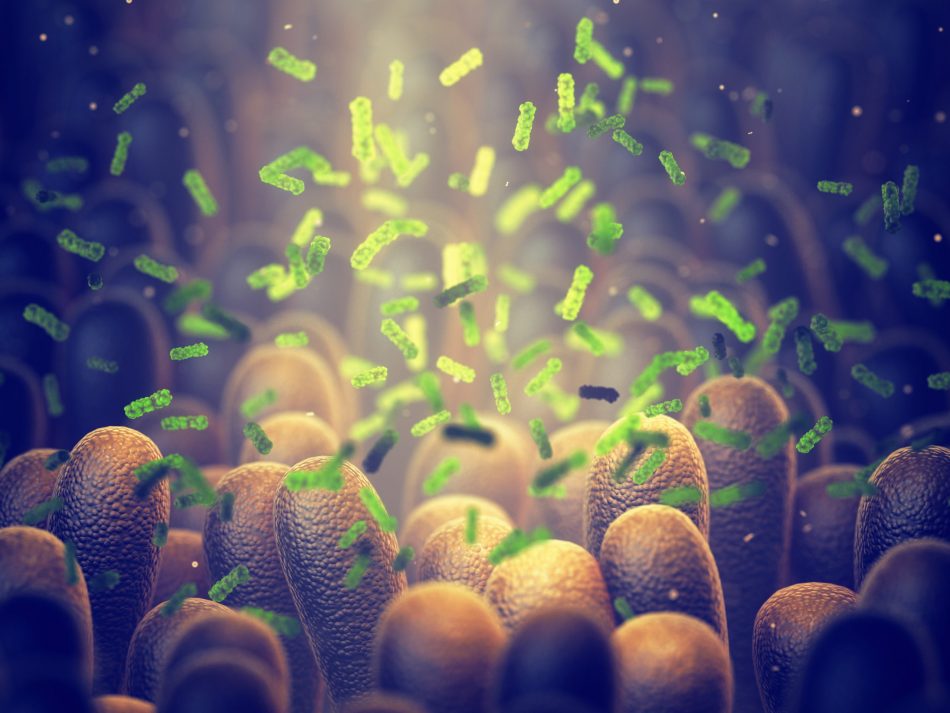Ammonia fertilizers have been effective at helping farmers grow their commercial crops. However, they’re also one of the major sources of nitrogen pollution, contaminating waterways and threatening biodiversity. A recent study, published in the American Society for Microbiology, however, suggests that engineered bacteria could one day replace such fertilizers, reports New Atlas.
As part of the research, a team of scientists from Washington State University genetically modified new strains of a free-living soil bacteria called Azotobacter vinelandii. The bacteria are generally known for their ability to turn ambient nitrogen gas into ammonia. The new strains, however, can consistently produce and excrete ammonia in greater concentrations, no matter the environmental conditions.
After adding the new strains of bacteria to soil with rice plants, the scientists observed that the plants were consuming the ammonia produced by the bacteria. Following these findings, the scientists are now working on new strains that would be able to create ammonia at different rates, accommodating the amount to the needs of different types of plants.
This would essentially prevent excess ammonia from running out of soil and polluting surrounding waterways. Not only that, farmers wouldn’t have to waste money on using extra fertilizer.
“Successful widespread adoption of these biofertilizers for farming would reduce pollution, provide sustainable ways of managing the nitrogen cycle in soil, lower production costs and increase profit margins for farmers and enhance sustainable food production by improving soil fertility,” said Assistant Professor Florence Mus, lead author of the study.
Source study: American Society for Microbiology — Genetic determinants of ammonium excretion in nifL mutants of Azotobacter vinelandii











